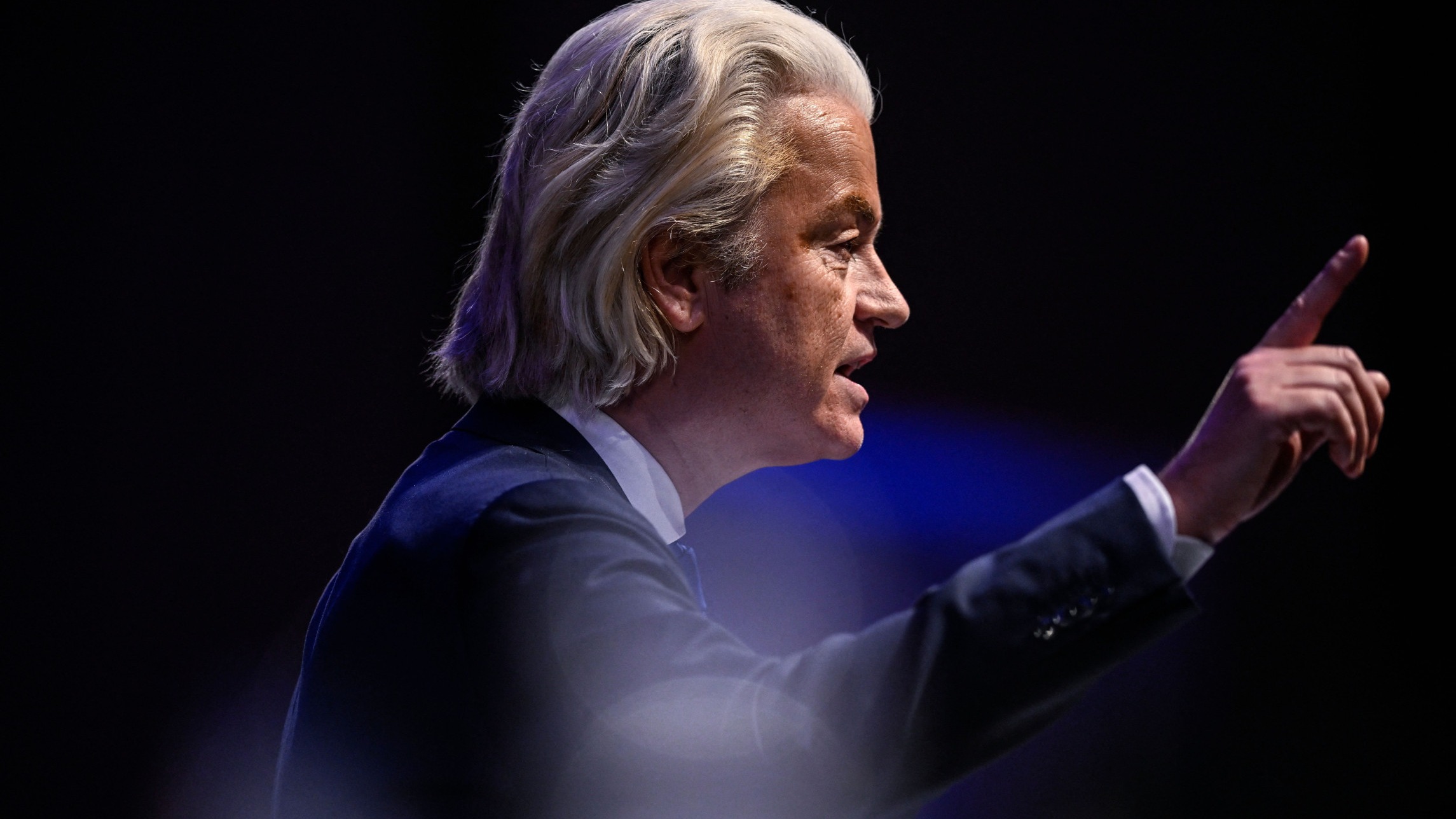Geert Wilders’ Strategic Position in Upcoming Government Formation
As the Dutch political landscape braces for change, Geert Wilders’ Freedom Party (PVV) is poised to play a crucial role in the formation of the next government. This follows an unexpected surge in the party’s popularity, positioning it as a key player in a likely right-wing coalition. The Maurice de Hond poll positions the PVV alongside the liberal VVD party, setting the stage for intense coalition negotiations, with Wilders’ support deemed essential for forming a majority.
Challenges and Coalition Dynamics in Dutch Politics
Despite Wilders’ pivotal position, forming a coalition will be complex due to his party’s controversial stances. Some potential coalition partners, like the New Social Contract (NSC) party, have already expressed reluctance to align with Wilders due to his extreme positions. This backdrop sets a delicate stage for Dilan Yeşilgöz-Zegerius, VVD’s new leader, who faces the challenge of navigating significant policy differences to foster a stable government.
The Broader Impact on Dutch Political Spectrum
This electoral cycle highlights a broader societal struggle with issues like immigration, economic stagnation, and housing crises, pressing all right-leaning parties to find common ground. Meanwhile, the left, led by Frans Timmermans and his Labor-Green coalition, is fighting to gain traction against the right’s ascendancy, emphasizing the need for unity to prevent a right-wing governmental shift. As the political drama unfolds, all eyes are on how these dynamics will shape the Netherlands’ approach to pressing national and European challenges.

